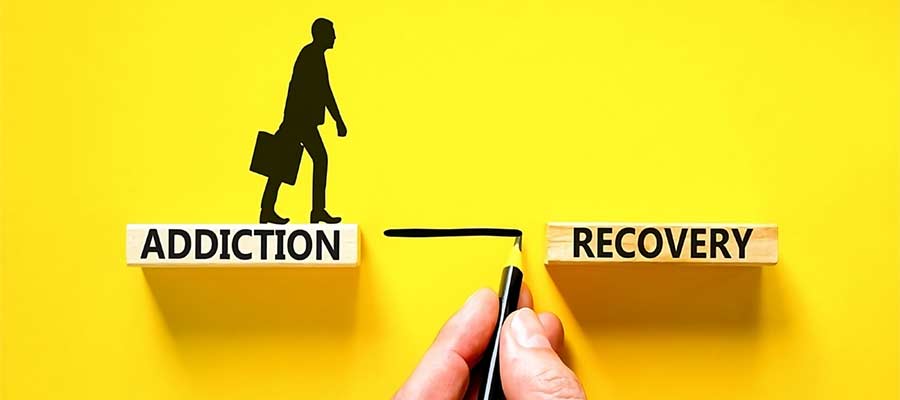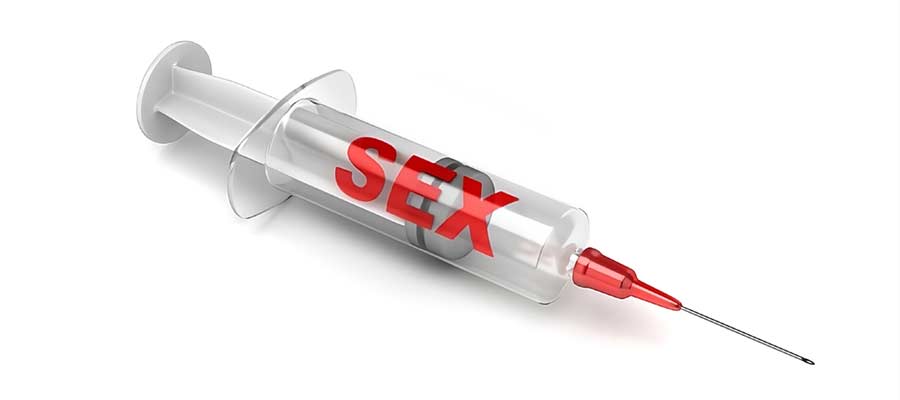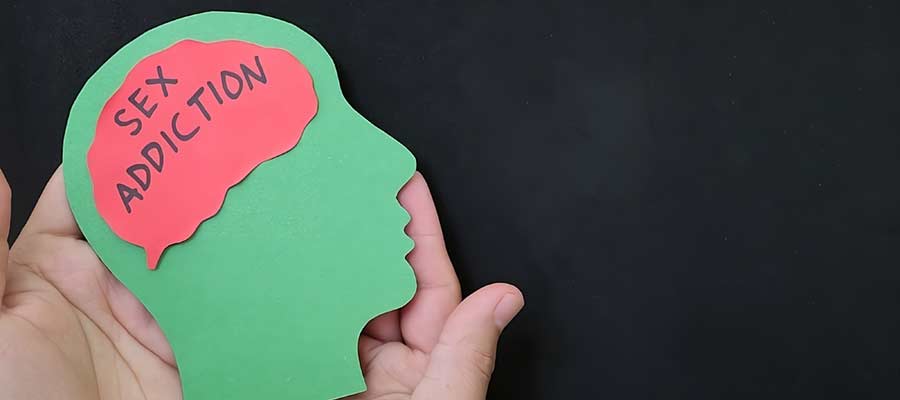Overcoming porn addiction is a journey many undertake in the quest to regain control over their lives and break free from the chains of compulsive behaviors. This path often involves exploring the vast landscape of support and learning about the available treatments, understanding how to cope, and helping others struggling with similar issues. As the narrative on addiction evolves, individuals are driven by stories of recovery and the promise of a life reclaimed, emphasizing the importance of finding a sustainable pathway to success.
Navigating the process of overcoming porn addiction requires a multi-faceted approach that includes deleting digital temptations, finding robust support systems, and adopting effective coping mechanisms. The scientific understanding of addiction lays the groundwork for personalized recovery strategies, while professional help and therapy offer a guiding light for those in search of healing. The discussion on alternatives and coping mechanisms further enriches the conversation, providing hope and practical steps for those aiming to overcome their pornography addiction.
Overcoming Porn Addiction
Overcoming porn addiction begins with identifying personal triggers and developing healthier coping mechanisms. Individuals should:
- Seek professional help, join support groups, or explore online resources.
- Replace negative thoughts with positive affirmations and prioritize self-care practices.
- Set clear boundaries, removing any environmental triggers.
- Make a resolute decision to quit, marking a specific date on the calendar.
- Build a robust support network that includes therapists and peer support groups.
Preparation is key to a successful recovery journey. This involves:
- Writing down compelling reasons for change and preparing strategies for potential triggers.
- Choosing a quitting method that resonates personally and removing temptations from immediate surroundings.
- Filling free time with healthy, fulfilling activities and staying dedicated to the recovery process.
Finally, managing stress and learning to handle cravings are crucial steps. Celebrating milestones, practicing forgiveness for any relapses, and maintaining recovery through continuous effort are essential. Understanding the time and effort required for overcoming addiction, engaging in balanced activities, and reevaluating real-life relationships and priorities can lead to significant improvements in overall well-being and a successful recovery from porn addiction.
The Science Behind Addiction and Overcoming Porn Addiction
Understanding the neurological underpinnings of porn addiction reveals its similarities with substance addiction, notably in how both activate the brain’s reward pathways and induce tolerance. This activation highlights the significant impact that problematic online pornography use (POPU) can have, especially as it pertains to hypersexual disorder, which exhibits prevalence rates between 3% to 6%. The adverse effects of POPU on sexual development and functioning are particularly concerning among younger individuals, underscoring the need for awareness and intervention.
The “triple A” influence of the internet – accessibility, affordability, and anonymity – has significantly contributed to the potential increase in addiction risk. This ease of access, combined with the often-contested status of sex and pornography addictions in scientific literature, complicates the understanding and treatment of these behaviors. Despite the debates, the World Health Organization’s recognition of compulsive sexual behavior disorder (CSBD) in the ICD-11 points to a growing acknowledgment of these issues within the medical community.
Cognitive-behavioral therapy emerges as a promising approach for treating pornography addiction, suggesting that while the debate between addiction and compulsion continues, there are effective treatments available. The connection between porn addiction and substance use disorders further emphasizes the need for comprehensive treatment options, addressing not only the behavioral aspect but also the underlying neurological changes.
Deleting Digital Temptations
In the journey of overcoming porn addiction, deleting digital temptations plays a crucial role. It’s akin to strengthening a muscle; the longer one refrains, the easier it becomes. Here are practical steps to ensure the digital environment supports recovery:
- Adjust Search Engine Settings: Setting your search engine to filter out explicit content can significantly reduce accidental exposure. This small step can act as a first line of defense in maintaining a clean digital space.
- Utilize Content-Control Software: Considering the use of Internet content-control software or monitoring tools can offer an additional layer of protection. These tools can block access to specific websites, monitor online activity, and help individuals stay accountable for their digital footprint.
- Install Tracking Devices/Programs: Implementing tracking devices or programs on electronic devices helps monitor online behavior. This not only aids in preventing relapse but also provides insights into usage patterns that may need addressing.
- Changing Environment: Finally, altering the physical or digital environment to remove temptations, or making it less conducive to giving into urges, can significantly impact recovery. Whether it’s removing oneself from a tempting environment or modifying it, these changes can help reduce urges and support the path to overcoming addiction.
Finding and Utilizing Support Systems
In the quest to overcome porn addiction, finding and utilizing support systems is paramount. Individuals can access a variety of resources designed to offer assistance and guidance:
- SAMHSA’s National Helpline and Disaster Distress Helpline provide around-the-clock, confidential support for those facing mental and substance use disorders, including porn addiction. These services can be a first step in seeking help and finding treatment options.
- 988 Suicide & Crisis Lifeline offers 24/7 support for individuals in distress, providing a lifeline in moments of need.
- Psychology Today’s Therapist Directory and Kindbridge connect individuals with mental health professionals specializing in porn addiction and related issues.
- Self-Help Organizations: NoFap and Fight the New Drug offer community support and educational resources, emphasizing recovery through science and personal accounts.
- Support Groups: Both in-person and online groups, such as Sex Addicts Anonymous and Porn Addicts Anonymous, foster a sense of community and shared experience, offering peer support and encouragement.
These resources underscore the importance of seeking support and the variety of options available to individuals. Engaging with these systems can significantly reduce feelings of isolation and empower individuals on their path to recovery.
Alternatives and Coping Mechanisms on Overcoming Porn Addiction
In the journey of overcoming porn addiction, integrating alternatives and coping mechanisms plays a pivotal role in ensuring a balanced and healthy recovery. Successful Addict offers an app that keeps you on track. Here are some strategies:
- Limit Exposure: Start by minimizing exposure to pornographic content across social media platforms and avoiding websites or subscriptions that serve as triggers.
- Mindfulness Practices: Incorporate mindfulness and meditation into daily routines. These practices, alongside regular exercise and proper nutrition, support mental and physical well-being, aiding in recovery.
- Daily Victories: Recognize that recovery of the frontal lobes takes time. Celebrate daily victories, no matter how small, as they contribute significantly to long-term success.
To prevent relapse, a comprehensive approach is essential:
- Relapse Prevention Plan: Create a plan that identifies potential triggers and outlines strategies to avoid them, ensuring you’re not too bored, lonely, or tired.
- Healthy Distractions and Hobbies: Engage in activities that offer fulfillment and joy, steering clear of triggers.
- Positive Relationships: Surround yourself with supportive people who encourage your recovery journey.
- Physical Self-Care: Prioritize physical health through adequate sleep, nutrition, and exercise.
Additionally, mastering the technique of Urge Surfing can be transformative. This involves:
- Noticing the urge without acting on it.
- Focusing on the physical sensations associated with the urge.
- Allowing the urge to peak and subside, teaching the brain that urges are not commands but mere sensations.
Implementing these strategies enhances coping abilities, offering healthier alternatives to manage stress and emotional discomfort. Engaging in self-care activities like taking a bath, practicing yoga, or enjoying a cup of tea further supports the journey towards a balanced life, free from addiction.
Embarking on the path to overcoming porn addiction is not an overnight process. However, with the right support, help, and self-awareness, it is indeed possible. Contact our team at Successful Addict to learn more about our porn and sex addiction retreats.







